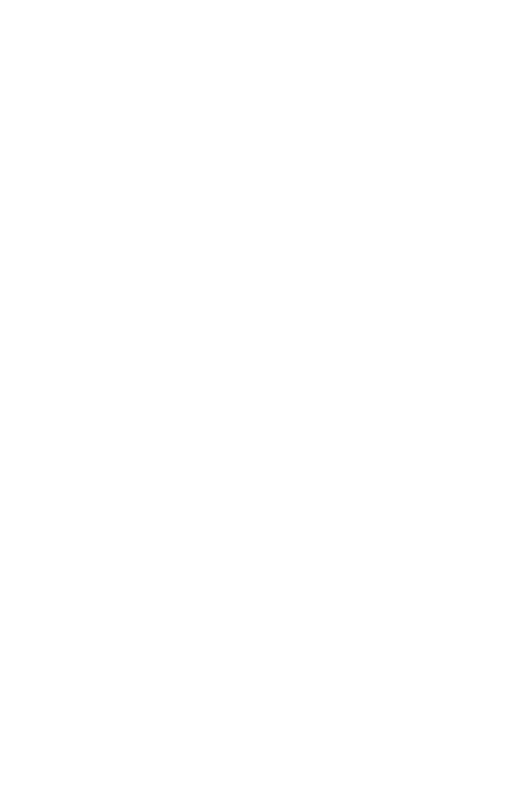The Life of Lajos S Csiszar
(1903-1997) – Born in Hungary, where he was assistant coach to Italo Santelli. Best known as coach of the University of Pennsylvania., where he won two NCAA championships. Olympic team coach and creator of numerous champions.
Lajos S. Csiszar, 93, of Lansdowne, a fencing teacher revered as “the maestro” by his students and by people who know and love the sport, died Thursday at Allegheny University Hospitals/MCP.
Maestro Csiszar, whose influence in the world of fencing was compared by one writer to that of Eugene Ormandy in music, died of heart failure. He recently had undergone a heart operation that included a triple bypass and double valve repair.
Already a successful coach in his native Hungary, he came to the University of Pennsylvania in 1948 from Budapest and, through the years, coached two Olympic and world champions, nine NCAA individual champions, 17 all-Americans, 11 national team champions, and dozens of Olympic team members. He retired in 1974.
The influence of the master, who also taught at the Salle Csiszar Club on the Penn campus, went beyond the ability to make champions in the anachronistic sport of epee, foil and saber.
“People just loved him,” said Louise Dyer, who studied with him.
With his bushy white eyebrows, thick white hair, well-lined handsome face, and twinkling eyes, he could be endearing. But he was also a strict, exacting tutor and father figure, barking demands or advice in words that bore a spicy Hungarian flavor.
In a Sports Illustrated article in 1955, he was said to possess “the soft, kind eyes of a basset hound and the alacrity of a cat.” To which he replied, “I am not a pussycat. I am a tiger.”
He didn’t pull his punches. He fenced with students until they were worn out, called a lousy shot a lousy shot in his heavy accent, and then tempered the criticism, Dyer said, with many encouraging words: “You can do it, you can do it.”
He was small and compact, with a very athletic build and legendary energy. In a sport that can exhaust students in a session lasting less than 20 minutes, he could give 15 lessons at a time and appear almost fresh, and he kept it up until he was in his mid-80s.
At Penn, sometimes he would fence every member of the team until each was exhausted, and then he would announce the beginning of class, Dave Micahnik, who fenced on one of his teams and is now the fencing coach at Penn, recalled yesterday.
He was, his pupils agreed, a gifted teacher.
Nikki Franke, a former pupil who now coaches fencing at Temple, said in a 1980 Inquirer Magazine article that the Maestro simply had a feel for the sport.
“He has an instinctive way of communicating the correct motions,” he said. “It’s a gift other coaches only dream of.”
He was famous for his warm-up lessons before a tournament.
“If you got in on one of those lessons, you felt like you could take on the world and defeat anybody,” Andrew Bullock, a onetime student who runs a fencing club for young people in King of Prussia, said yesterday.
“In the lesson he would focus on things you did well and give you a sense of confidence; he wouldn’t really correct anything but would add to your strengths in a very special way.”
But there was something special about his lessons in general because they taught students about the art, not just the science, of fencing.
“They are exhausting, yet exhilarating and joyous,” said Bullock. “At the end of a lesson, I might not be able to stand, but I have a smile on my face and a gleam in my eye.”
The fencing master was born in a small town in Transylvania. He got his first blade when he was 3 by blackmailing his older brothers, who were supposed to watch him when they all went swimming.
He hid and scared them into thinking he had drowned, then made a dramatic reappearance. As a price for not telling their mother they had not watched him as closely as they should have, he got a small sword.
In 1928, he studied with Italo Santelli, then perhaps Europe’s greatest fencing master, and became a teacher at Santelli’s school in Budapest. He stayed despite being invited several times to teach fencing in the United States.
Mr. Csiszar served in the Hungarian Army during World War II, then returned to fencing classes. But his mentor, “Papa” Santelli, died in 1945, and when Penn offered him a coaching job in 1948, he seized the opportunity.
Within five years, he led Penn to an 8-1 season and the NCAA championship, the first such crown the school had won in any sport. On Feb. 8, 1954, he was named Penn’s Coach of the Year. Just a week before, he had become a U.S. citizen.
His successes were not confined to Penn. He coached the U.S. team in the 1956 Olympics and the 1970 world championships. He coached the U.S. team at the Pan American Games in 1963 and 1971, and was an adviser to the 1972 U.S. Olympic team in Munich.
Last April, he was inducted into Penn’s Athletic Hall of Fame and was made a life member by the U.S. Fencing Association.
He is survived by his wife, Margit; daughters, Dora Beothy and Agnes Bakken; and five grandchildren.

